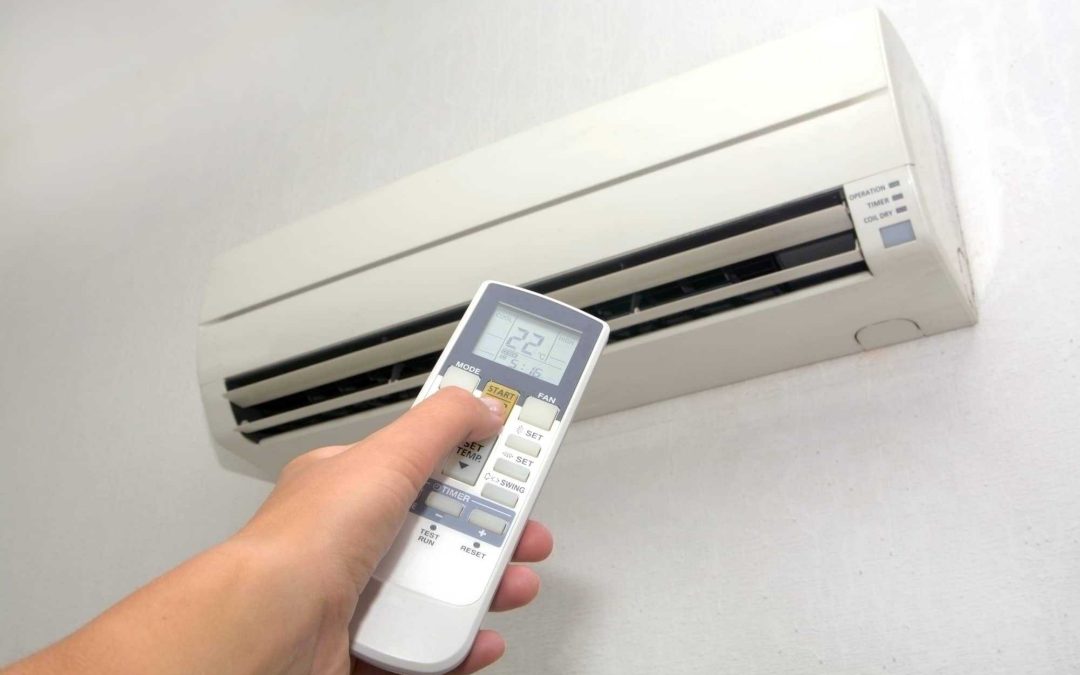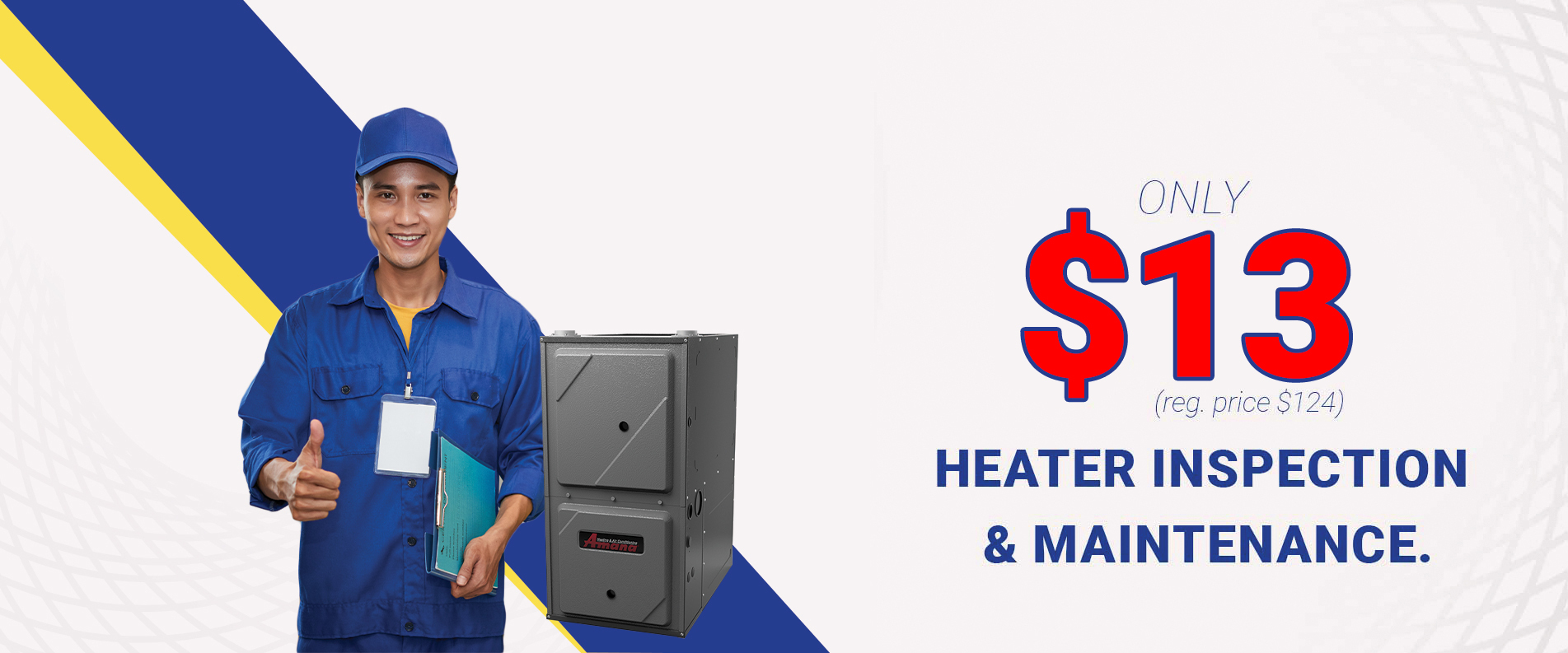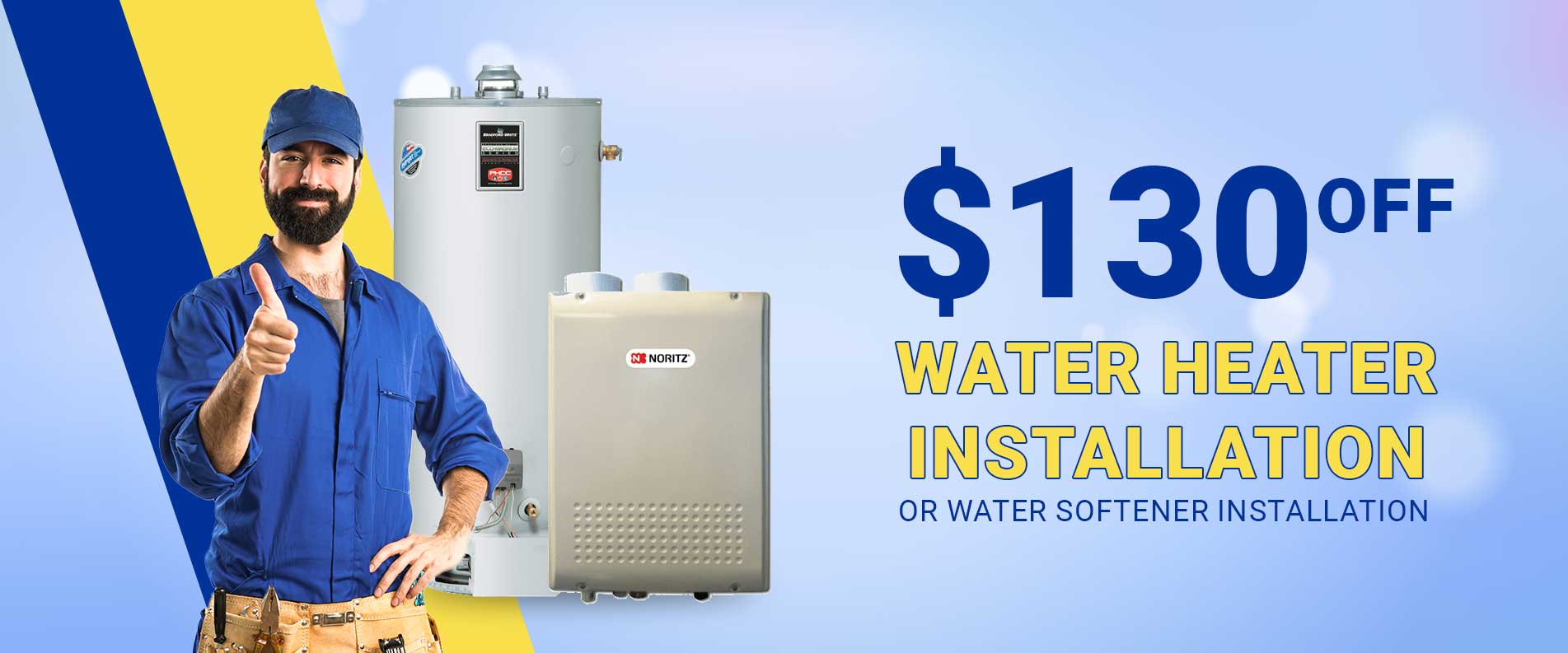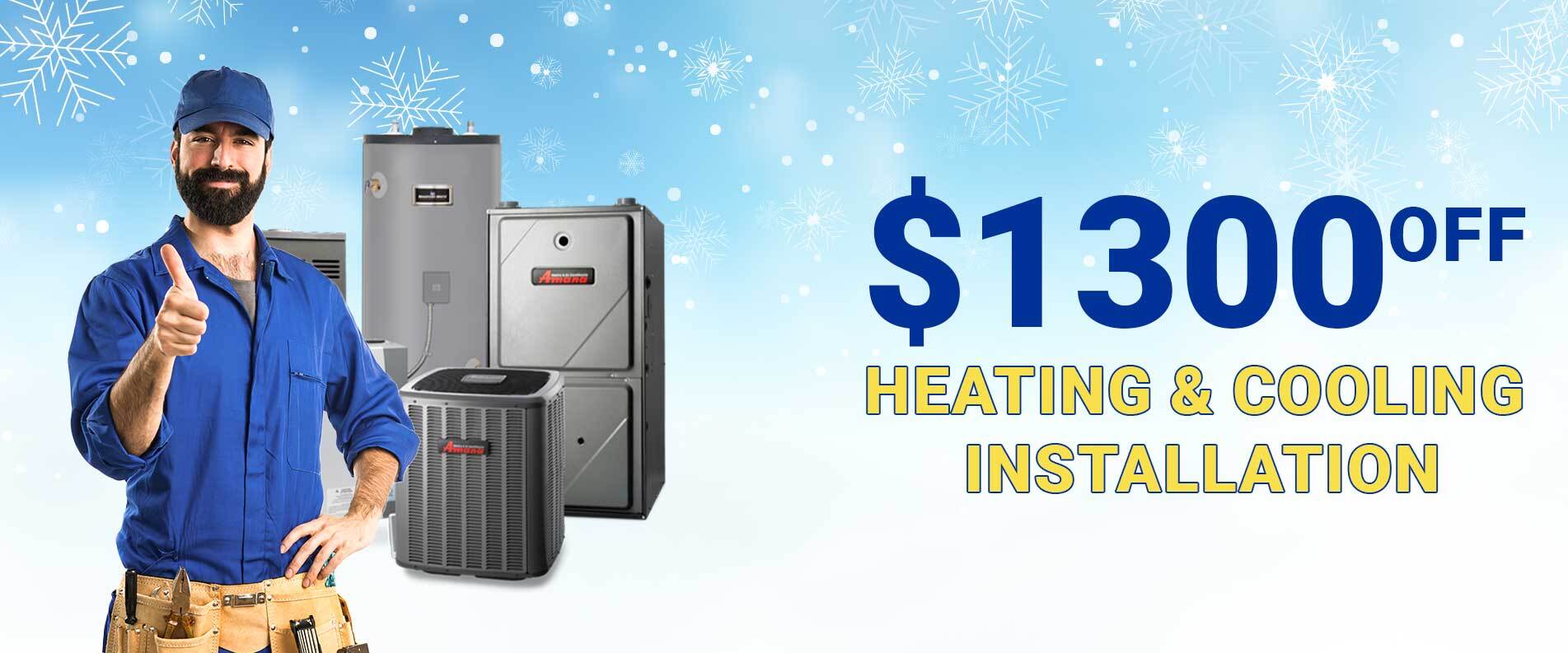Did you know that U.S. households have an average monthly electricity consumption of 897 kilowatt hours (kWh)?
This means that with Pennsylvania’s average electricity rate of 13.84 cents/kWh (in March 2018), the average residential electricity bill amounted to $124.14 that month!
But if you have a faulty AC, or one nearing the end of its life, you most likely paid even more. Because an old and malfunctioning AC eats up more energy than necessary.
This is why you need to know how long do air conditioners last and how to tell when you need to replace the entire system or one ( or perhaps several) of its components.
Even just a filthy or incorrectly-working filter can add as much as 15% to your energy bills!
But don’t worry. Today, we’ll share with you the signs that indicate you may need an AC replacement.
How Long Do Air Conditioners Last: The Average AC Service Life
Let’s first address your primary question: How long do AC units last?
On average, well-maintained, regularly tuned-up HVAC systems can last 15 to 25 years, according to CNN.
This still depends on the type of air conditioner we’re talking about, since a window air conditioner typically only lasts for a decade.
You may need repairs or replacement sooner, especially if any of the following is true.
1. You’ve Had the AC for More Than a Decade
The above-mentioned average life spans of air conditioners don’t automatically mean you’ll get the same out of your AC.
Note that we place emphasis on the words “well maintained” and “regularly tuned-up,” because failure to do so can lead to the unit breaking down within its first few years! One of the biggest mistakes you can make with your AC is not having it serviced at least once a year.
Also, don’t forget that each individual part has its own life span. For instance, the filter of your central AC needs replacement (or washing) after at least every three months. This goes up to once a month if you have it powered on for most of the day.
In any case, if you’ve had the air conditioner for more than 10 years, it’s time to consider ac replacement.
2. Your AC Uses Freon
Back in 1992, a law, called the Montreal Protocol, was amended. Basically, it’s all about phasing out chlorofluorocarbons (CFCs), including hydrochlorofluorocarbons (HCFCs) that burned holes in the ozone layer.
HCFC-22, more commonly referred to as R-22 or by the more popular brand name “Freon,” is included in the phase out. But what does this mean to consumers?
If you’re still using an air conditioner that relies on this refrigerant, you’ll soon have problems finding a supplier who can restock your unit with the chemical. Simply put, if the refrigerant leaks, you’ll face an expensive bill to recharge the system and have the leak repaired.
Instead of shelling out a lot of money for repairs, why not consider a new AC that uses eco-friendlier refrigerants? Besides, upgrading your air conditioner is key to a more energy-efficient home, seeing as it can help you bring down energy consumption by as much as 50%.
3. Multiple Motor or Compressor Break Downs
Combine air conditioner age with a failed motor or compressor and what do you get? You may find yourself shocked at how much repairs for these major air conditioner parts cost!
Whether this is your first time dealing with a broken motor/compressor/coil or have experienced it in the past, an entire system replacement may provide you with a more cost-effective solution.
4. Annoying, Even Ear-Blasting Sounds
It’s normal for most types of air conditioners to make sounds (like during cycling). But if they’ve become more like clunking, grinding, or squealing noises, you should already take that as a sign to contact an HVAC specialist.
These aggressive, scary sounds can indicate issues with the blowers, fans, and/or motors. While they don’t automatically mean you need an entire unit replacement, you should still consider it, especially if you have to replace each of these primary parts that can cost you thousands.
5. Installation Issue
Many times, in an attempt to bring down costs, homeowners go for the DIY method of installing air conditioners. While there’s nothing wrong with this per se, it becomes a huge problem when the DIY-er commits a mistake during the process.
And it’s not just a cost issue; installation errors can also result in safety hazards (think fires and electrocution).
Always remember that air conditioners, regardless of their impressive energy-efficiency, can only function at their peak when correctly installed. That means proper sizing (of both the room and the unit), measurements, and electrical work.
Also, keep in mind that air conditioners installed the wrong way have shortened service lives.
If you’re unsure of the installation, it’s best you have an HVAC contractor inspect the unit to determine potential issues and hazards.
6. Too Many Pricey Repairs
How many times have you had to contact an HVAC technician in recent years? If you’ve noticed an increase in needed service calls and you’ve already paid thousands for repairs, then it’s high time to consider an AC replacement.
Getting a replacement for an old air conditioner may cost you more initially. However, you can recoup your expenses in the long-run, especially if you get a high-quality air conditioner with improved energy-efficiency rating.
Ready to Make the Switch to an Energy-Efficient Air Conditioner?
Now that you know the answer to the question “how long do air conditioners last”, then you’ve probably determined you need a replacement soon.
In that case, please feel free to call us! We’ll be more than happy to answer your questions about energy-efficient air conditioners and how you can have one installed ASAP.





